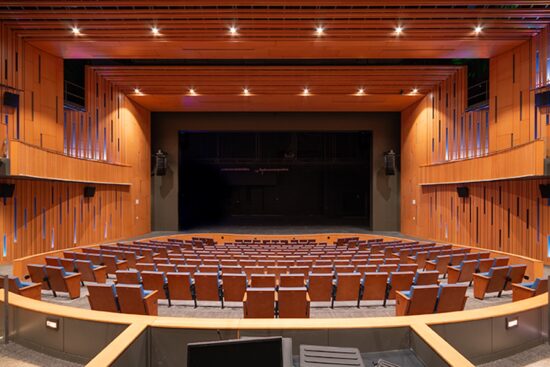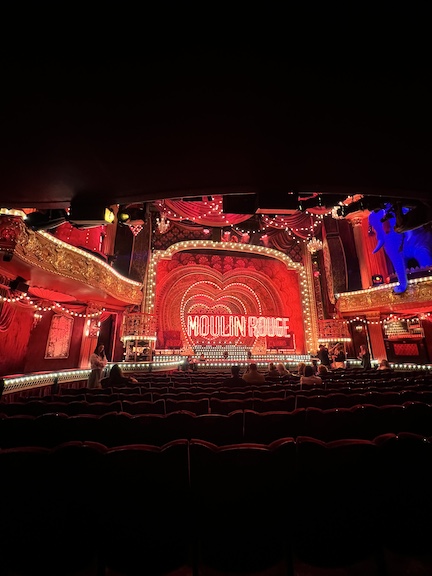Do you remember a better world that existed thirty years ago?
Talking 1994?
I’m trying without looking, but I hit the archives on history.com.
Ron Rule from twitter inspired me with this:
How did we get from the 90’s to here?
People got along, nobody cared about race, life was affordable, entertainment wasn’t laced with agendas, wealth was something to aspire to not scoff at, and divisive politics hadn’t permeated everything.
The world was better. What happened?
Were your 1990’s a better place? When I think about it, this is what I get:
In 1994 I was a married dad of two in the suburbs of Portland, moving out of the inner-east side a few years earlier.
From riding my bike to work over the Hawthorne Bridge, to riding Tri-Met #12 south on Barbur, I was a work in progress.
All married guys are a work in progress. Like Michelangelo on the rock that turned into David, we are moulded by wives and kids.
Were they happy days? Some of the happiest I’ve ever known, which isn’t to say I was blind to the world.
In the 80’s I’d found my calling in a history museum. The place just clicked with me in such a good way.
That was after the 70’s which I spent as a twenty-something doing twenty-something stuff like moving around too much.
I wasn’t running away, or running from anything in particular like Jackson Browne:
Looking out at the road rushing under my wheelsI don’t know how to tell you all just how crazy this life feelsLook around for the friends that I used to turn to to pull me throughLooking into their eyes, I see them running too
Running on (running on empty)Running on (running blind)Running on (running into the sun)But I’m running behind
Honey, you really tempt meYou know the way you look so kindI’d love to stick around, but I’m running behind(Running on) You know I don’t even know what I’m hoping to find(Running blind) Running into the sun, but I’m running behind
Who Had It Better
Some responses from nostalgic twitter on a better world:
Our collective psyche was at that time (1990’s) infected with a virus that had last been seen during WW2, and it got stronger as the GI Generation died off, as they were the ones who had defeated it last.
Not bad. Didn’t call anyone a Nazi and could have, but that’s the virus reference.
Some responded with “The Fourth Turning.”
Fourth Turning? The book:
Discover the game-changing theory of the cycles of history and what past generations can teach us about living through times of upheaval—with deep insights into the roles that Boomers, Generation X, and Millennials have to play—now with a new preface by Neil Howe.
First comes a High, a period of confident expansion. Next comes an Awakening, a time of spiritual exploration and rebellion.
Then comes an Unraveling, in which individualism triumphs over crumbling institutions. Last comes a Crisis—the Fourth Turning—when society passes through a great and perilous gate in history.
The new book: The Fourth Turning is Here:
Filled with fascinating historical data and incisive observations, it succeeds in making a convincing case that the crisis we can all feel coming has indeed reached our doorstep. Howe offers us the hope, at least, that it will entail a creative form of destruction.
One way or another, America will soon change into a different country.
Call me naive, but this is an election year, which usually means something different, just not that different.
The ‘Better World’ Of 1990’s From The Cul De Sac
My parents were alive, their kids were all in contact with each other, the cousins got to know each other.
Work was going strong twelve years in with a historical turn to the future when the architect of the museum’s success retired and the place shifted.
Leadership evolved from the WWII generation to baby boomers who lacked the impact the former director had. No one had that impact, to be fair.
Measure 5 was big news. From the Oregon Encyclopedia:
Measure 5 constitutionally limits total nonschool property taxes to one percent ($10 per $1,000 real market value), which significantly limits local revenue options.
The most visible effects of the measure, however, are the limitation of basic local school property taxes to one-half percent ($5 per $1,000 assessed value) and the state’s obligation to replace lost school revenues during the phase-in period.
Technically, the state was not responsible for replacement costs after 1996, but the legislature’s increased commitment to local school funding has become both a practical and a political reality.
My 1990’s were full of concern about the future, my kids’ future, and their education.
I graduated from Portland State with a history degree in 1991 at age thirty-nine.
Call me motivated by education, a non-traditional student, or a screw-off who finally buckled down to it.
It was a big deal since I’d started in 1973.
Would my kids do better? They could only do worse if they never went to college, or dropped out and never dropped back in.
The years went by in a whoosh, as they do when looking back, and they both got through high school and college.
Even better, they were friends all the way through, and still are with wives and kids of their own.
Do they have educational anxiety? When they look back at Oregon from thirty years out, what will they see from 2024?
State rankings from US News:






